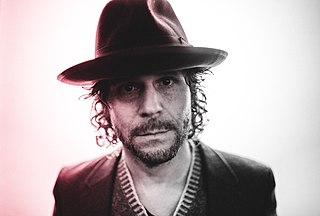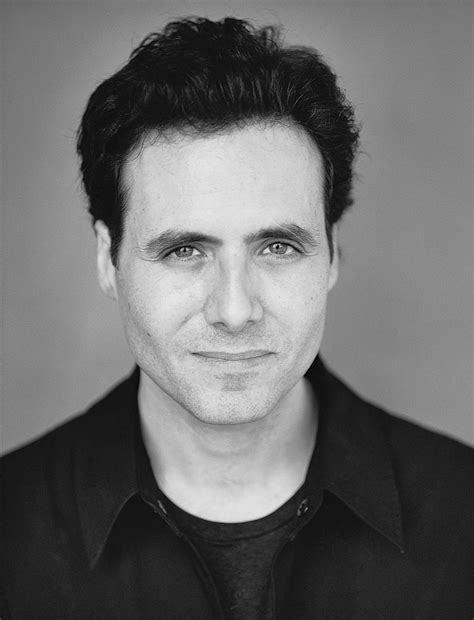A Quote by Charlie Munger
I think track records are very important. If you start early trying to have a perfect one in some simple thing like honesty, you're well on your way to success in this world.
Related Quotes
The key to your success, to my success, to everyone's success is determined by our daily agenda. What you and I do every day is either making us or breaking us, we're either preparing or repairing. So when somebody says, 'John, I want to be a success. Where do I start?' I say, It's very simple. Start with today.
I think you set up certain standards. I've always kind of believed in the Neil Pert way of making records where I'm trying to step it up every time I do something. You're trying to better yourself. You're also trying to make your audience or your listeners more interested. So, if you can up it, I think that's important.
The church is like any large corporation in one respect. In its early days, either the early church or the early years of Microsoft, you see all kinds of creativity, innovation, invention, people have nothing to lose, they're trying to find what works. Then you wake up and you're a vast enterprise, and it's very hard, when you have all kinds of buildings and structures and hierarchy and so on, to hang on to these very creative impulses that helped you get your great success in the first place. As a church we're going to have to figure a way out from under this.
My advice always is to start very simple and master your timing and master the most simple beats that you can, and you just keep elevating from that. Trying to go right into playing fast is not necessarily the best way to go about it, because if you don't have your foundation locked in, it's hard to progress.
I was trying to be appreciative for the education I had, for the sacrifices my parents made. I was very interested in perfect attendance, OK, and straight A's and, you know, dean's list, because those I think were worthwhile, you know, endeavors. And it was important to spend my time in that way and become well-rounded.
The micro-compositions are the pieces themselves, but the macro-composition is the whole set of them and how it moves from track to track and how the titles relate to one another, for example. Always when I do records like this of a selection of instrumental pieces - the titles, to me, are very important.




































